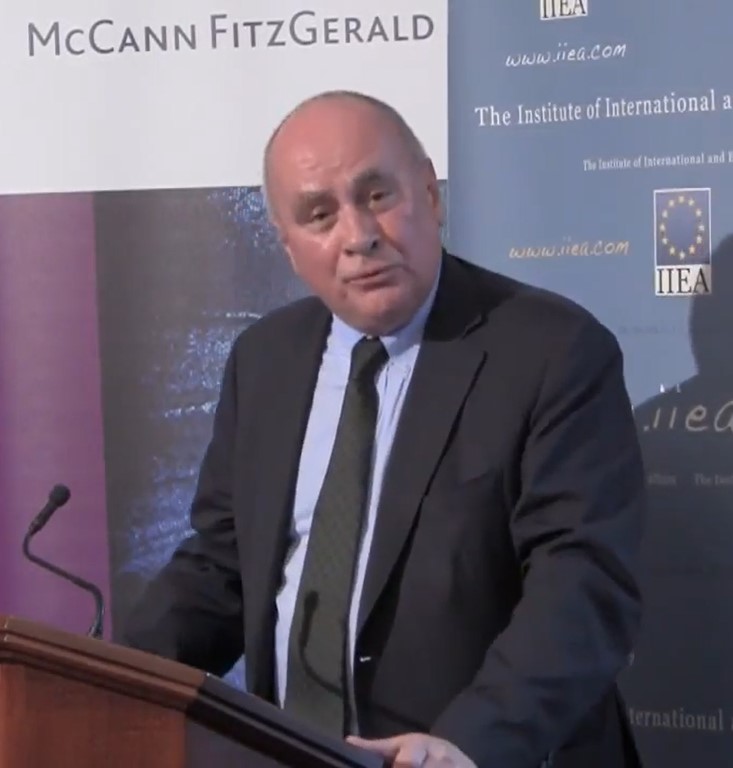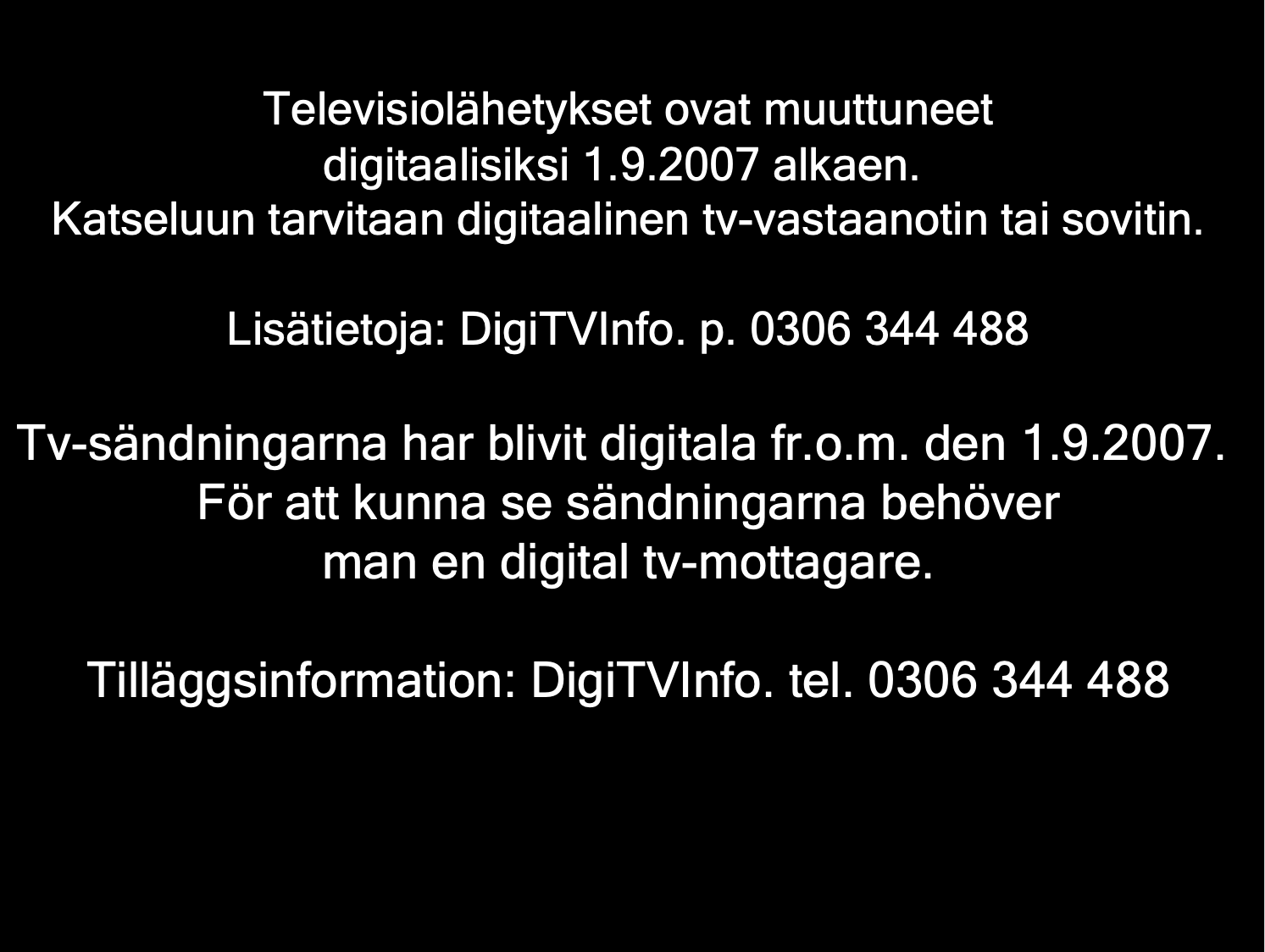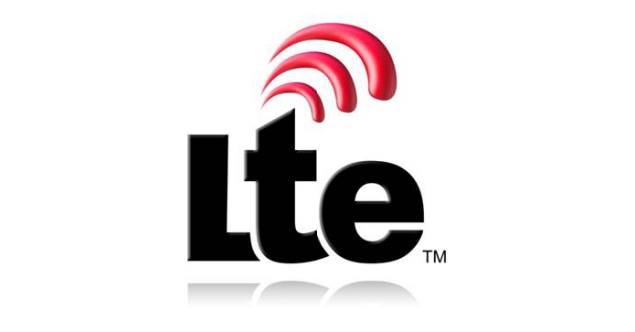|
Spectrum Auction
A spectrum auction is a process whereby a government uses an auction system to sell the rights to transmit signals over specific bands of the electromagnetic spectrum and to assign scarce spectrum resources. Depending on the specific auction format used, a spectrum auction can last from a single day to several months from the opening bid to the final winning bid. With a well-designed auction, resources are allocated efficiently to the parties that value them the most, the government securing revenue in the process. Spectrum auctions are a step toward market-based spectrum management and privatization of public airwaves, and are a way for governments to allocate scarce resources. Alternatives to auctions include administrative licensing, such as the comparative hearings conducted historically (sometimes referred to as "beauty contests"), or lotteries. Innovation In the past decade, telecommunications has turned into a highly competitive industry where companies are competing to ... [...More Info...] [...Related Items...] OR: [Wikipedia] [Google] [Baidu] |
Government Auction
A government auction or a public auction is an auction held on behalf of a government in which the property to be auctioned is either property State ownership, owned by the government or property which is sold under the authority of a court of law or a government agency with similar authority. Variations When the term "government auction" is used it often means that a general auctioneer has been contracted to deal with stock that needs to be liquidated by various government bodies: * Spectrum auction, Rights to transmit signals on bands of electromagnetic spectrum * Customs: seized smuggled items * Defense: military surplus * Police auction: proceeds of crime * Post office, transport: Lost, mislaid, and abandoned property, lost property * Warrant sale: assets of debtors * Tax sale: seized assets * Court auction: items sold to satisfy a court judgment, like Self storage#Storage auctions, storage contents of not-paying tenants * Insolvent companies where the government is the l ... [...More Info...] [...Related Items...] OR: [Wikipedia] [Google] [Baidu] |
Meteor (mobile Network)
Meteor Mobile Communications Limited was a GSM and UMTS mobile telecommunications company in Ireland. They operated a GSM/GPRS/ EDGE/UMTS(HSPA+) and LTE cellular communications network under licence from the Commission for Communications Regulation (ComReg), and were the third entrant in the market, after Vodafone Ireland and Three Ireland. The company was a wholly owned subsidiary of Irish telecoms network Eir, having been purchased for €420m in 2005. Meteor was the only Irish owned mobile operator in Ireland. Meteor once issued new numbers with the prefix code 085. Since the introduction of full mobile number portability in Ireland, access codes have become less relevant as mobile telephone users may now retain their mobile telephone numbers when moving between mobile network operators. As a result, Meteor customers could have numbers starting with the codes 083, 085, 086, 087, or 089. As of September 2008, Meteor had over 1 million customers, or 20% of the market. Hi ... [...More Info...] [...Related Items...] OR: [Wikipedia] [Google] [Baidu] |
BT Group
BT Group plc (formerly British Telecom) is a British Multinational corporation, multinational telecommunications holding company headquartered in London, England. It has operations in around 180 countries and is the largest provider of fixed-line, Internet access, broadband and Mobile telephony, mobile services in the UK, and also provides subscription television and Information technology, IT services. BT's origins date back to the founding in 1846 of the Electric Telegraph Company, the world's first public telegraph company, which developed a nationwide communications network. BT Group as it came to be started in 1912, when the General Post Office, a government department, took over the system of the National Telephone Company becoming the monopoly telecoms supplier in the United Kingdom. The Post Office Act of 1969 led to the GPO becoming a public corporation, Post Office Telecommunications. The ''British Telecom'' brand was introduced in 1980, and became independent of the R ... [...More Info...] [...Related Items...] OR: [Wikipedia] [Google] [Baidu] |
EE (telecommunications)
EE Limited (formerly Everything Everywhere Limited) is a British mobile network operator and internet service provider, and a brand of BT Consumer, a division of BT Group. It was established in 2010 and is the List of mobile network operators of Europe#United Kingdom, second-largest mobile network operator in the United Kingdom, with 21.2 million customers as of September 2022. It was originally formed in 2010 as a 50:50 joint venture between Deutsche Telekom and France Télécom (now Orange S.A.) following the merger of T-Mobile UK and Orange UK, their respective businesses in the UK; the former brands were phased out in 2015. The name was shortened to EE when the company concurrently launched the UK's first 4G mobile network in 2012. EE was acquired by BT in 2016 and became a new consumer division within the wider group. EE has its headquarters in London, England, as well as hubs in Bristol, Darlington, City of Sunderland, Sunderland, Greenock, Merthyr Tydfil, North Tyneside ... [...More Info...] [...Related Items...] OR: [Wikipedia] [Google] [Baidu] |
Telecoms Crash
The Telecoms crash, also known as the Telecommunications Bubble was a stock market crash that occurred in 2001, after the bursting of the dot-com bubble. The telecommunications industry had experienced significant growth and investment during the 1990s, fueled by the expansion of the internet and the introduction of wireless technology. Companies such as WorldCom, Global Crossing, and Lucent Technologies had achieved enormous market valuations based on expectations of continued growth and profitability. By the late 1990s, the industry had become overvalued and highly leveraged. Many companies had taken on substantial debt to finance their expansion, and investors had poured billions of dollars into the sector based on unrealistic expectations of growth and profitability. The crash had an impact on the global economy, and resulted in a sharp decline in the value of telecommunications related stocks and bonds, leading to significant financial losses for investors, widespread job loss ... [...More Info...] [...Related Items...] OR: [Wikipedia] [Google] [Baidu] |
Ofcom
The Office of Communications, commonly known as Ofcom, is the government-approved regulatory and competition authority for the broadcasting, internet, telecommunications and mail, postal industries of the United Kingdom. Ofcom has wide-ranging powers across the television, radio, telecoms, internet and postal sectors. It has a statutory duty to represent the interests of citizens and consumers by promoting competition and protecting the public from harmful or offensive material. Some of the main areas Ofcom regulates are TV and radio standards, broadband and phones, video-sharing platforms online, the wireless spectrum and postal services. The regulator was initially established by the (c. 11) and received its full authority from the Communications Act 2003 (c. 21). History On 20 June 2001, the Queen's Speech to the Parliament of the United Kingdom, UK Parliament announced the creation of Ofcom. The new body, which was to replace several existing authorities, was concei ... [...More Info...] [...Related Items...] OR: [Wikipedia] [Google] [Baidu] |
Swedish Post And Telecom Authority
The Swedish Post and Telecom Authority (, abbreviated PTS) is a Government agencies in Sweden, government authority under the Ministry of Infrastructure (Sweden) and is managed by a board of directors appointed by the Swedish government. The Director-General is the chief executive officer of the organisation. Dan Sjöblom has served as Director General since February 2017. It was formed on 1 July 1992 (as ) from a split of the regulatory functions of the former state-owned telecommunications operator Televerket (Sweden), Televerket ahead of its corporatisation into Telia Company, Telia the following year. The agency adopted its current name on 1 March 1994. PTS is the sector authority within the field of Telecommunication, electronic communications and postal services. Their area of responsibility is to monitor competition and consumer issues in this field; ensuring efficient utilisation of resources and secure communications in mail, telephony, the Internet and radio. See also ... [...More Info...] [...Related Items...] OR: [Wikipedia] [Google] [Baidu] |
Digital Dividend
The digital dividend refers to the radio spectrum which is released in the process of digital television transition. When television broadcasters switch from analog TV to digital-only platforms, part of the electromagnetic spectrum that has been used for broadcasting will be freed-up because digital television needs less spectrum than analog television, due to lossy compression. One reason is that new digital video compression technology can transmit numerous digital subchannels using the same amount of spectrum used to transmit one analog TV channel. However, the primary reason is that digital transmissions require much less of a guard band on either side, since they are not nearly as prone to RF interference from adjacent channels. Because of this, there is no longer any need to leave empty channels to protect stations from each other, in turn allowing stations to be repacked into fewer channels, leaving more contiguous spectrum to be allocated for other wireless services ... [...More Info...] [...Related Items...] OR: [Wikipedia] [Google] [Baidu] |
Digital Television Transition
The digital television transition, also called the digital switchover (DSO), the analogue switch/sign-off (ASO), the digital migration, or the analogue shutdown, is the process in which older analogue television broadcasting technology is converted to and replaced by digital television. Conducted by individual nations on different schedules, this primarily involves the conversion of analogue terrestrial television broadcasting infrastructure to Digital terrestrial television (DTT), a major benefit being extra frequencies on the radio spectrum and lower broadcasting costs, as well as improved viewing qualities for consumers. The transition may also involve analogue cable conversion to digital cable or Internet Protocol television, as well as analog to digital satellite television. Transition of land based broadcasting had begun in some countries around 2000. By contrast, transition of satellite television systems was well underway or completed in many countries by this time. ... [...More Info...] [...Related Items...] OR: [Wikipedia] [Google] [Baidu] |
LTE (telecommunication)
In telecommunications, long-term evolution (LTE) is a standard for wireless broadband communication for cellular mobile devices and data terminals. It is considered to be a "transitional" 4G technology, and is therefore also referred to as 3.95G as a step above 3G. LTE is based on the 2G GSM/ EDGE and 3G UMTS/ HSPA standards. It improves on those standards' capacity and speed by using a different radio interface and core network improvements. LTE is the upgrade path for carriers with both GSM/UMTS networks and CDMA2000 networks. LTE has been succeeded by LTE Advanced, which is officially defined as a "true" 4G technology and also named "LTE+". Terminology The standard is developed by the 3GPP (3rd Generation Partnership Project) and is specified in its Release 8 document series, with minor enhancements described in Release 9. LTE is also called 3.95G and has been marketed as 4G LTE and Advanced 4G; but the original version did not meet the technical criteria of a 4G wire ... [...More Info...] [...Related Items...] OR: [Wikipedia] [Google] [Baidu] |
Opportunity Cost
In microeconomic theory, the opportunity cost of a choice is the value of the best alternative forgone where, given limited resources, a choice needs to be made between several mutually exclusive alternatives. Assuming the best choice is made, it is the "cost" incurred by not enjoying the ''benefit'' that would have been had if the second best available choice had been taken instead. The '' New Oxford American Dictionary'' defines it as "the loss of potential gain from other alternatives when one alternative is chosen". As a representation of the relationship between scarcity and choice, the objective of opportunity cost is to ensure efficient use of scarce resources. It incorporates all associated costs of a decision, both explicit and implicit. Thus, opportunity costs are not restricted to monetary or financial costs: the real cost of output forgone, lost time, pleasure, or any other benefit that provides utility should also be considered an opportunity cost. Types Expl ... [...More Info...] [...Related Items...] OR: [Wikipedia] [Google] [Baidu] |






